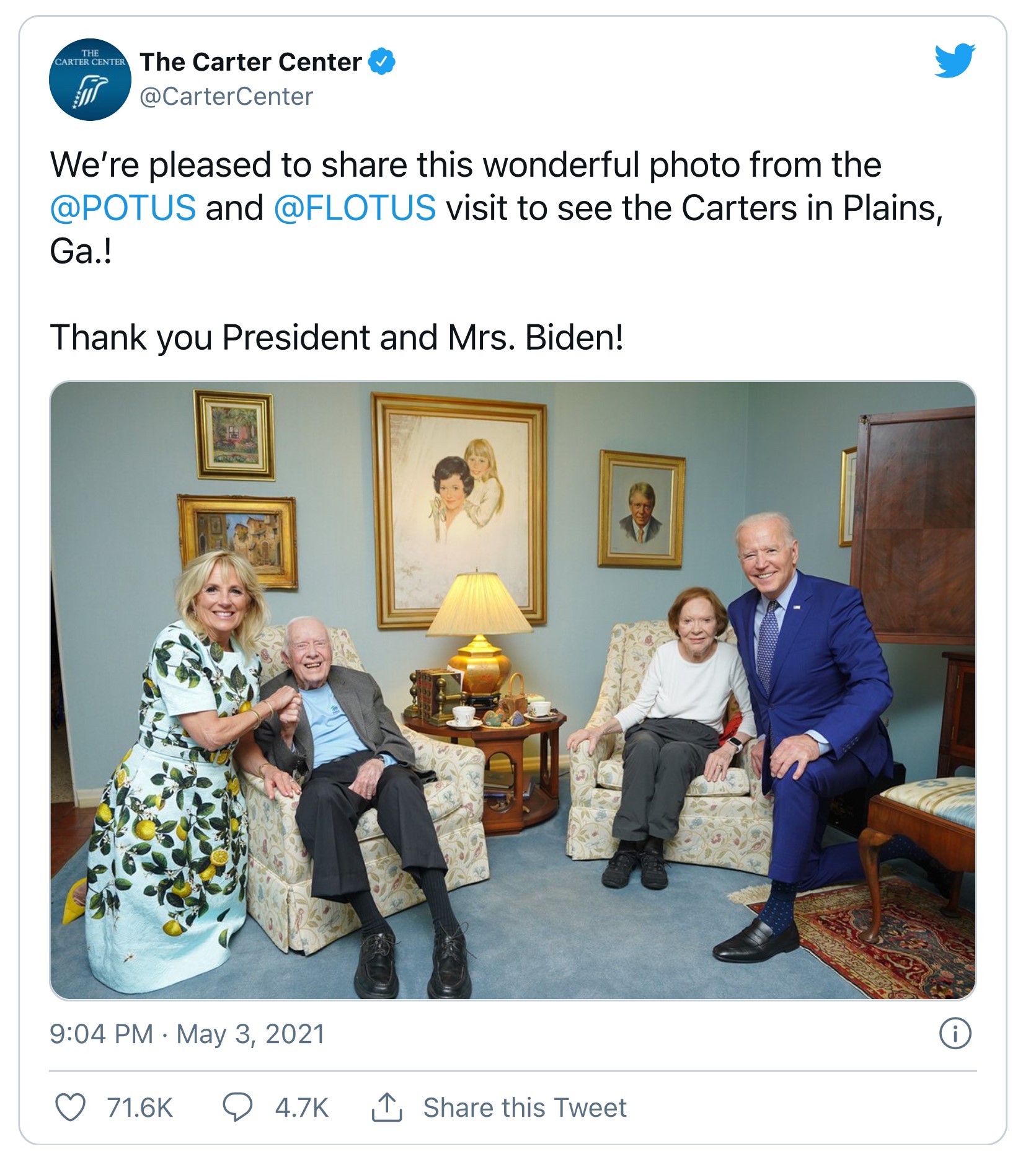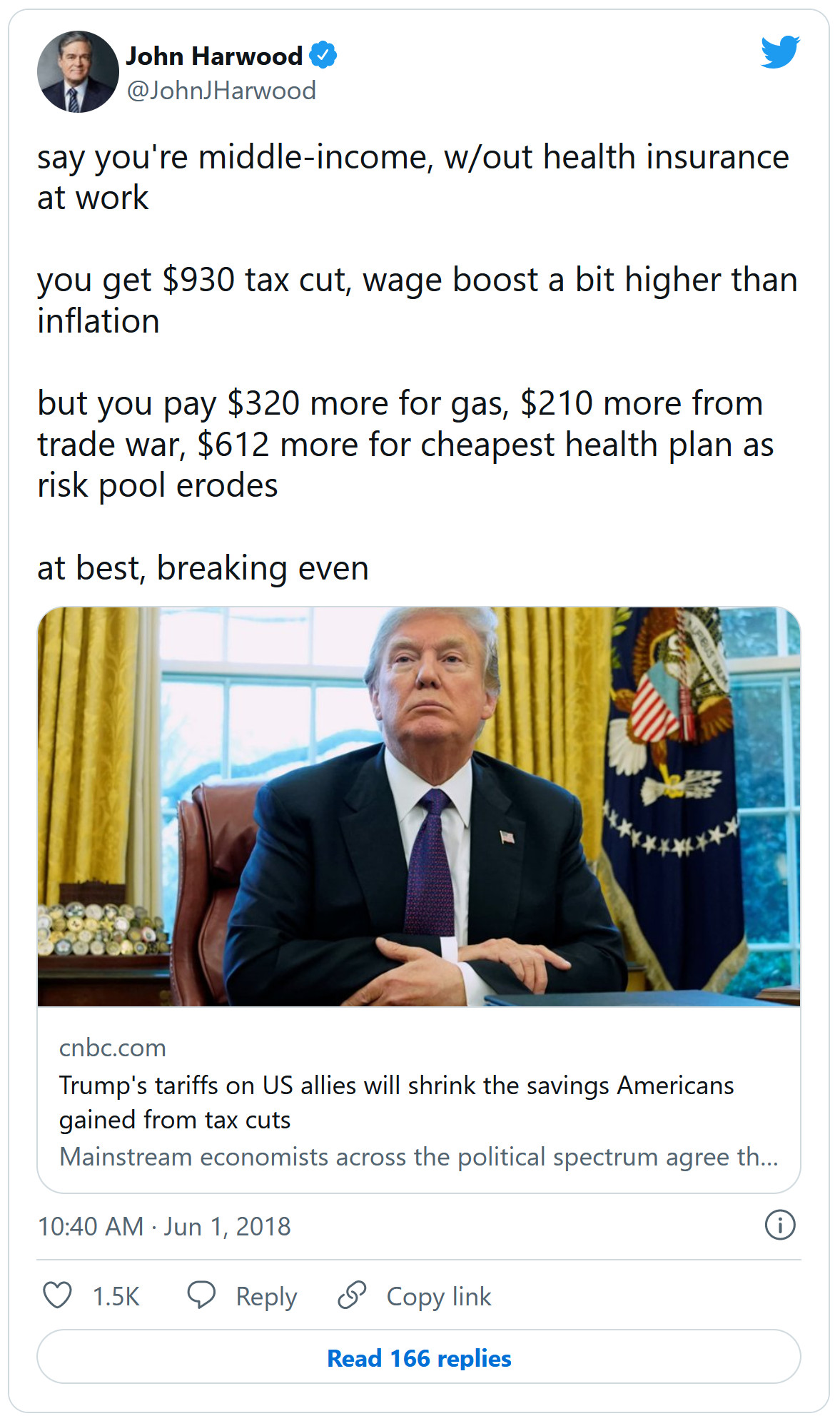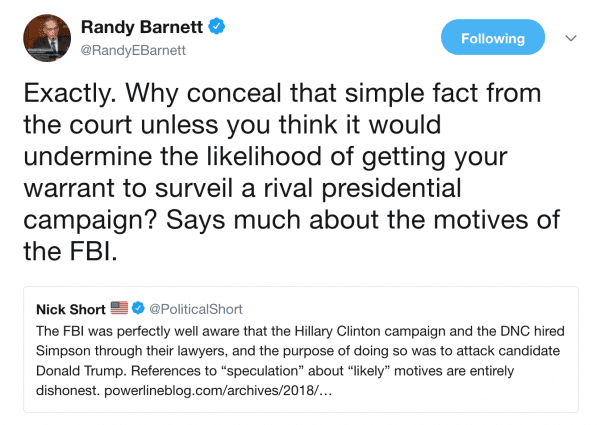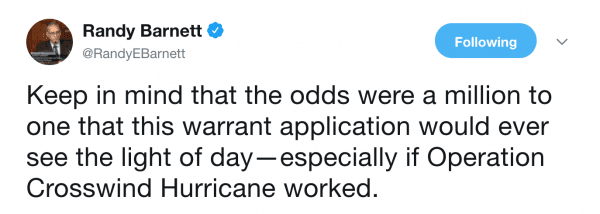JONATHAN S. TOBIN: Don’t believe the Jimmy Carter revisionists.
The stock of historical figures rises and falls with the changing times that follow them. That is especially true for presidents. Examples of these top leaders whose reputations have risen and fallen in succeeding generations abound. Some who exit office with low popularity ratings wind up being thought of with respect once the immediate political circumstances pass, and both historians and the public are able to judge their achievements with more dispassion.
The most outstanding example of this phenomenon is Harry Truman, who was deeply unpopular when his presidency ended due to the inconclusive and bloody Korean War, a sagging economy and the nation’s weariness with the Democrats after 20 years of their rule in Washington. But within a few decades, Truman’s reputation would soar. He would come to be appreciated for his postwar leadership against Soviet expansionism and for his plain-spoken style that at the time was judged as something of a letdown after the patrician bearing and soaring style of Franklin Roosevelt, whom he had succeeded. The most recent C-SPAN poll of historians now ranks Truman as the sixth greatest president in history—a development that few but his closest associates would have believed possible when he left the White House in 1953.
Supporters of former President Jimmy Carter are hoping that posterity will treat him in a similar treatment. And with the 39th president now in hospice at his Georgia home and the world anticipating the sad news of the end of his life, the campaign to revive his reputation is already in full swing. In the last month since the news about his terminal illness was released, articles and opinion pieces boosting the 98-year-old and attempting to depict his single term in office as both underappreciated and unfairly attacked have proliferated.
And with the help of one of the men who gave us Rathergate in 2004, the spin has already begun! Malaise Memory Loss:
“Now, as far as whether the hostages would have been released before the election, whether Jimmy Carter would have won, that is unknowable.” And as the New York Times story concedes, “Confirming [Ben] Barnes’s account is problematic,” mostly because William Casey died in 1987 and John Connally passed away in 1993.
John B. Connally III, eldest son of the former governor, told Rolling Stone he disagreed with Barnes’ account. He accompanied his father to a meeting with Reagan and said there was no mention of any message to the Iranians. The hostage deal “doesn’t sound like my dad,” Connally said. “It’s not consistent with my memory of the trip.”
The story all hinges on the word of Barnes, a former Texas lieutenant governor and vice chairman of John Kerry’s 2004 election campaign. So, as Daniel McCarthy writes, “people less sophisticated than a Times White House correspondent might classify partisanship as an obvious motive.”
With Carter, 98, entering hospice care, Barnes set out to change the narrative of the Carter presidency—a rather tall order. As Alter concedes, “there were a number of other factors in 1980, including a wretched economy,” which is true. On Carter’s watch, the “misery index” a combination of inflation and unemployment, topped out at 21.98. Instead of his own inept presidency, the Georgia Democrat blamed the people.
“The symptoms of this crisis of the American spirit are all around us,” Carter said on July 15, 1979. “For the first time in the history of our country, a majority of our people believe that the next five years will be worse than the past five years. Two-thirds of our people do not even vote. The productivity of American workers is actually dropping, and the willingness of Americans to save for the future has fallen below that of all other people in the Western world.”
And so on.
Ezra Klein, formerly of The American Prospect and now with the New York Times, began the Carter rehabilitation tour way back in 2009 by trying to explain how, ackchyually, his “Malaise Speech” really wasn’t such a bad moment after all.




